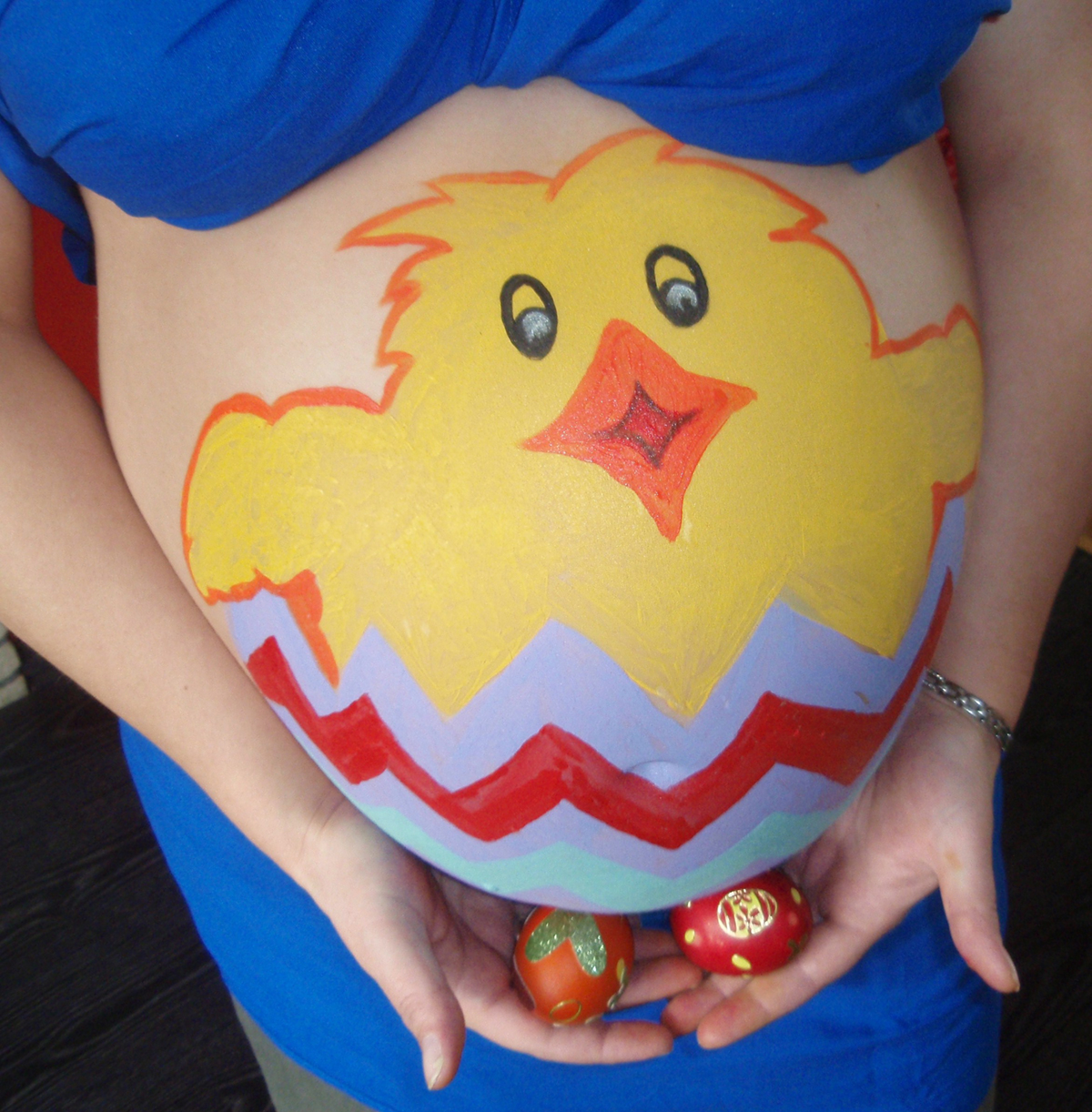
Early Signs of Labour
Whenlabour begins, the signs that this process has started can be confusing. Some women get signs that seem like they will give birth in the next few hours, but still take days, while other women are the opposite. Due dates are also not very accurate; the most accurate determination of labour are the feelings the women receive. There are, however, some indications of labour that are similar in allwomen.
One of the most subtle indications of possible labour is known as engagement. This is when the baby descends slightly in the womb and assumes the position for birth. The woman will feel more comfortable and will be able to eat without heartburn, since the baby is no longer pushing so hard into the stomach. This is not a reliable indication that labour is starting, since it can happen anywhere from days in advance to right before actual labour.
Oncethe baby has descended, the woman will feel some pressure on her pelvic floor; this will continue until the actual birth, since the baby will remain in this position. Some women may have difficulty walking and women who have given birth before might feel some pain. Walking exercise during early pregnancy can help reduce this pain.
Vaginaldischarge may increase during the onset of labour. While it is normally thick and white, it is a cause for concern if the discharge becomes thinner and more watery. This could mean that the membrane surrounding the baby has ruptured and is leaking and this increases the risk of infection of the womb or the baby.
Mostwomen will begin to have much stronger feelings of nurturing and protection towards their baby as they come closer to labour. It is completely natural when the woman begins to clean the house obsessively, organise the house and the baby's room thoroughly and review her pregnancy procedures over and over. Obviously, the woman should avoid any strong fumes from cleaning products or black mould/mildew and must not overexert herself.
Closerto Labour
Whenlabour approaches, the body will begin to produce prostaglandins, which will cause the bowels to loosen and diarrhea to ensue. This helps empty the bowels before giving birth. However, very heavy diarrhoea can be cause for concern, as the muscle movements may even induce labour themselves.
Thecervix will soften and the mucus plug therein will detach during labour and may cause bleeding as the blood vessels surrounding it are weakened or pulled. This is also known as a 'bloody show'.
As the popular media would have the public believe, water breaking can happen close to labour, although it does not happen all the time or to such a degree that it is immediately noticeable. Water breaking is simply the membrane around the baby naturally rupturing and the amniotic fluid leaking out.


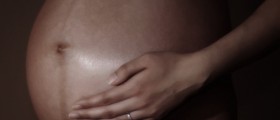

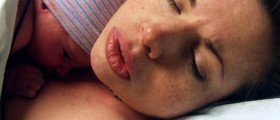
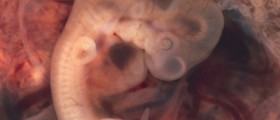



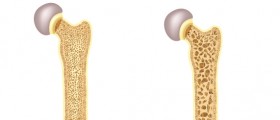







Your thoughts on this
Loading...